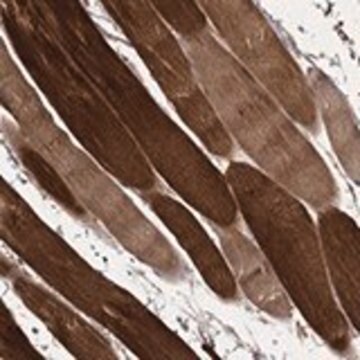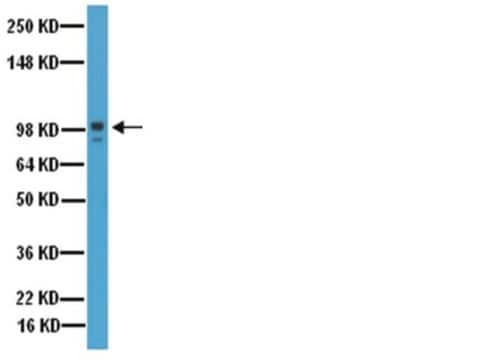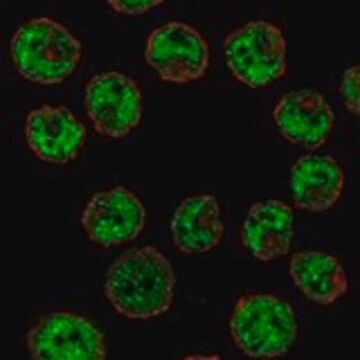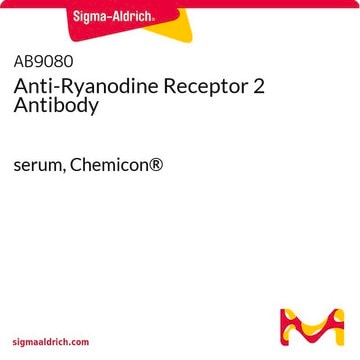SAB3500991
Anti-CIITA antibody produced in rabbit
affinity isolated antibody
About This Item
Productos recomendados
biological source
rabbit
conjugate
unconjugated
antibody form
affinity isolated antibody
antibody product type
primary antibodies
clone
polyclonal
form
buffered aqueous solution
mol wt
predicted mol wt 124 kDa
species reactivity
rat, mouse, human
concentration
1 mg/mL
technique(s)
ELISA: suitable
immunoblotting: suitable
immunofluorescence: suitable
immunohistochemistry: suitable
UniProt accession no.
shipped in
wet ice
storage temp.
−20°C
Gene Information
human ... CIITA(4261)
Immunogen
Features and Benefits
Linkage
Physical form
Disclaimer
Not finding the right product?
Try our Herramienta de selección de productos.
related product
Storage Class
10 - Combustible liquids
flash_point_f
Not applicable
flash_point_c
Not applicable
Certificados de análisis (COA)
Busque Certificados de análisis (COA) introduciendo el número de lote del producto. Los números de lote se encuentran en la etiqueta del producto después de las palabras «Lot» o «Batch»
¿Ya tiene este producto?
Encuentre la documentación para los productos que ha comprado recientemente en la Biblioteca de documentos.
Nuestro equipo de científicos tiene experiencia en todas las áreas de investigación: Ciencias de la vida, Ciencia de los materiales, Síntesis química, Cromatografía, Analítica y muchas otras.
Póngase en contacto con el Servicio técnico








